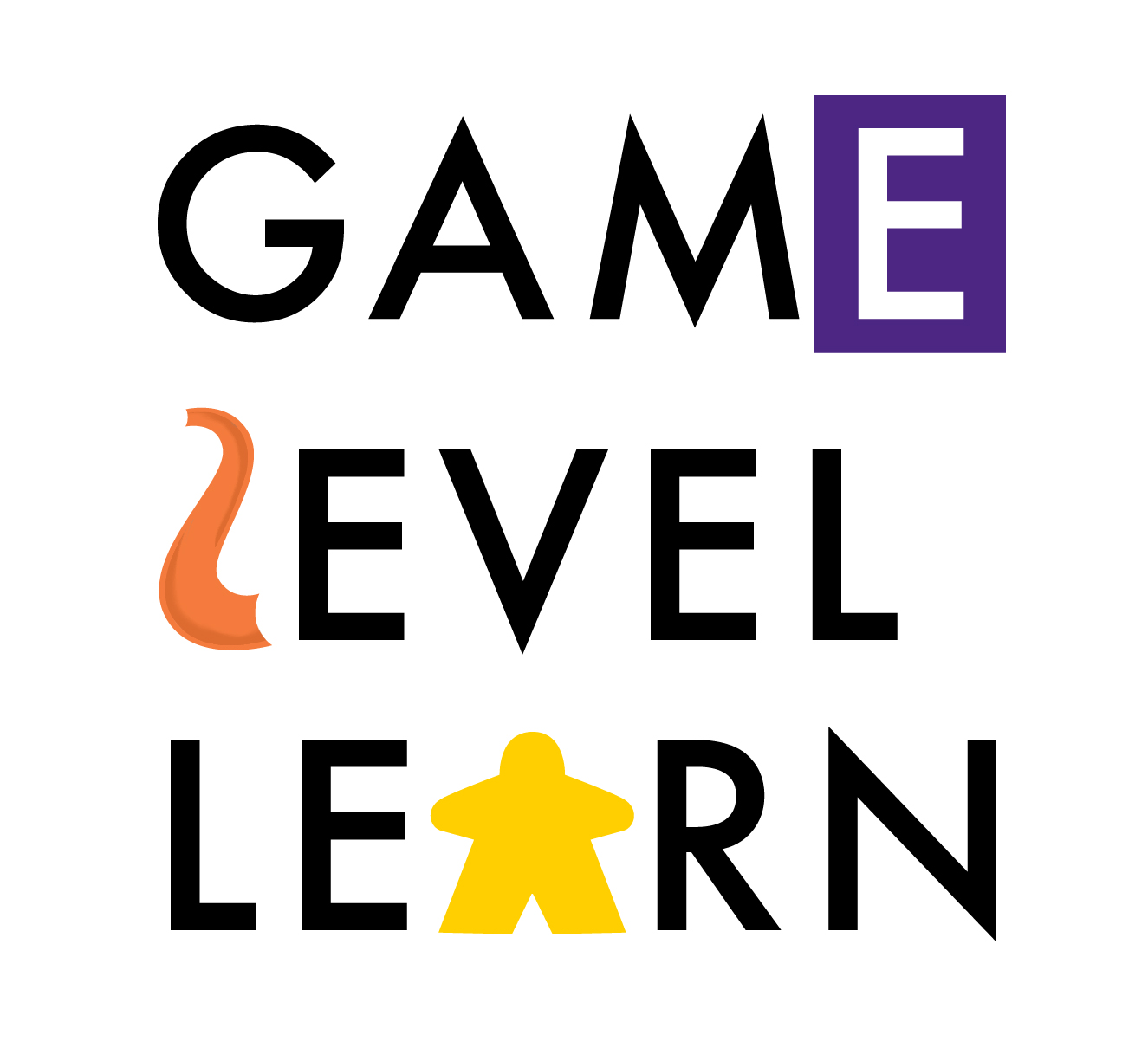51 Mechanics: Acting
/BoardGameGeek (BGG) is a singular repository of gaming information, knowledge and wisdom that has been serving the modern board game hobby since 2000. I consult it regularly and have used its database to manage my own game collection. I also used it when I was writing my 2016 book on gamified instruction, particularly with regard to the game mechanics that BGG identified and organized content into. While there are more than 85,000 games, even now, there are just 51 mechanics. Since every mechanic offers something to the teacher who wants to use games in the classroom, I'm going to use this section of Game Level Learn and my own contributions to it to assess games from each of these 51 mechanics. First up? ACTING.
Described by BGG as "a mechanic [that] requires players to use some form of mime or mimicry to communicate with the other player," the Acting mechanic is great for developing or assessing interpersonal skills, non-cognitive relational skills and social dynamism. When combined with a role-playing framework, it can be used to study social frameworks that otherwise might not be easily understood. There are some dynamite games that feature the Acting mechanic. The five you should consider playing straightaway are:
Cranium (BGG Rank 5616)
Cranium is a classic party/family game which is really closer to four distinct party games in one. In one segment of the game, players have to act out characters. Straightforward charades in some respects, but its the structure of the game that lends itself to the gamifying teacher. While you can certainly play this out of the box and get some learning benefit from it, what happens when you use its charades mechanic for a concept this isn't human, but more abstract (like "complementary colors" or "acute angle"). Asking students to do charades for "electron valences" or what have you could be an intriguing learning mode...at least for some.
The Last Banquet (BGG Rank 8497)
Being able to accommodate 25 players is not normally in the wheelhouse of the typical board game, but it works for Last Banquet. It's a rather nifty "intrigue at the royal court" scenario in which each player is trying to accomplish his/her goals by misdirection, manipulation and skullduggery. "But Dr. Cassie, I don't understand why anyone in Game of Thrones" would act that way?" Take out Last Banquet and, without the lurid sex, you've got an answer.
Mysterium (BGG Rank 121)
One of the great games of the last five years. In Mysterium, one player plays a ghost and the others play psychic investigators trying to discern the answers to "who/where and with what" that makes the game Clue work. The hitch? The ghost communicates only by means of abstract (and quite beautiful) image cards that are meant to suggest truths without actually pointing to them. Playable in an hour, this is a great game to develop the social skills of younger people.
Quelf (BGG Rank 13083)
Sort of like Cranium, but rather than playing yourself, you're playing a particular character. Fun...and a bit chaotic.
Spyfall (BGG Rank 255)
Ridiculously good fun and perhaps the epitome of the Acting mechanic. In a round of Spyfall, each player is dealt a card from a common deck. Every player but one gets a card showing a location. One player gets a card that says "spy." The spy is trying to figure out where everyone else is. Everyone else is trying to figure out who the spy is. Each player gets to ask another one question. Go. Fantastic fun. Easily reskinned for purposes of helping students understand literature or history.
[Thumbnail photo from: https://boardgamegeek.com/image/2955983/spyfall]

